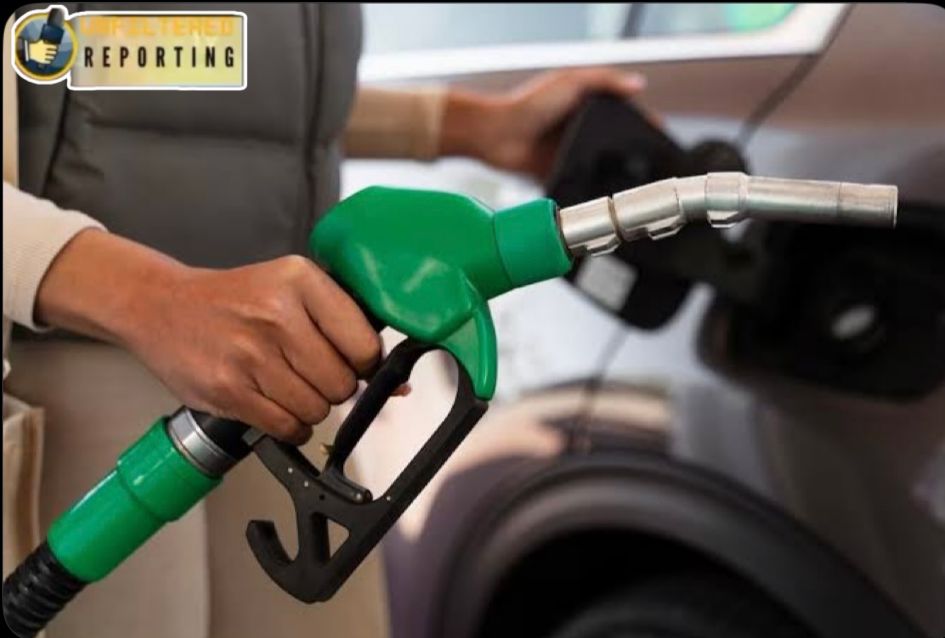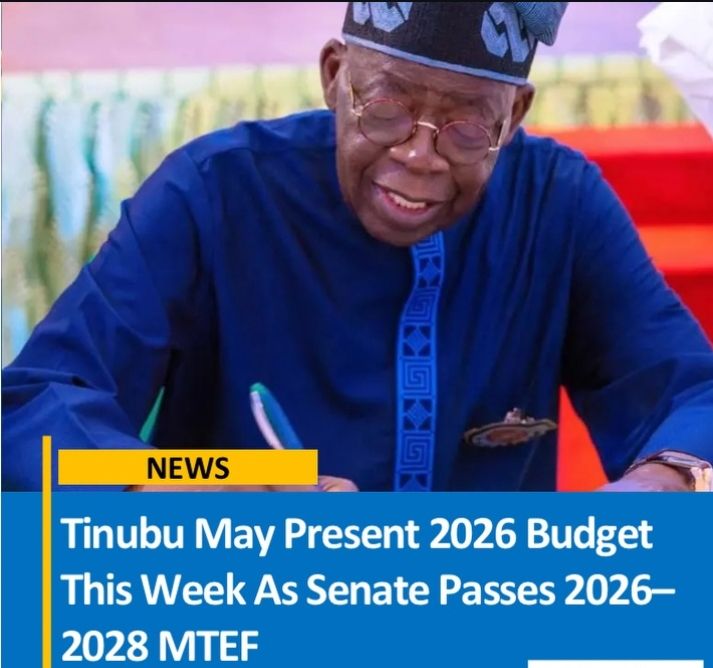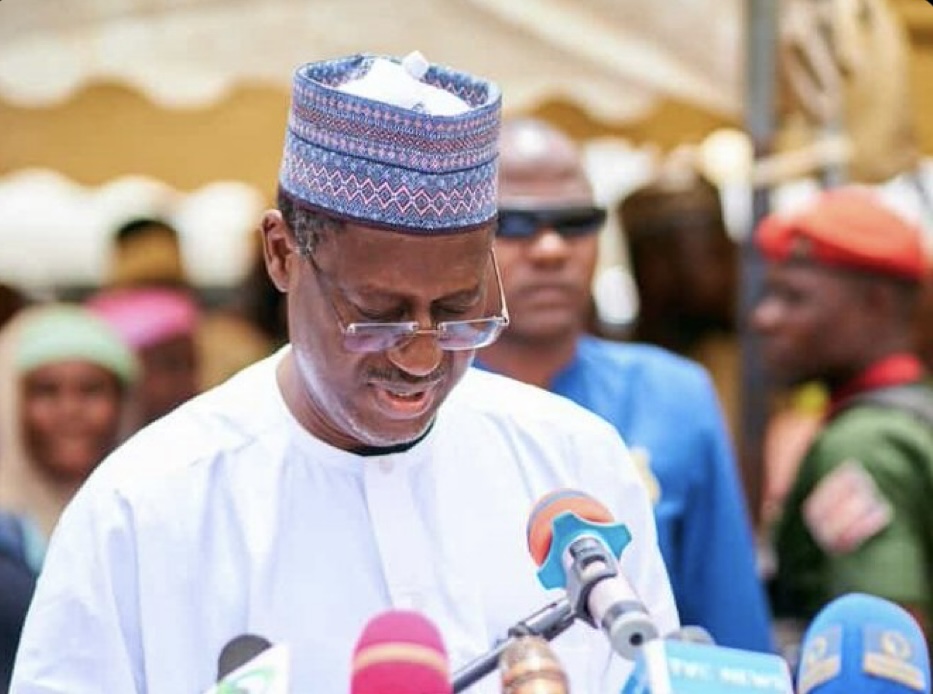Nigerians to Pay 5% Tax on Petrol Starting January 2026 Under New Law

In a move set to impact every motorist and business in Nigeria, the Federal Government has announced that a new 5% tax will be levied on all petrol and diesel purchases starting January 1, 2026.
The announcement comes with the signing of the Nigeria Tax Administration Act (NTAA) 2025, a law aimed at boosting government revenue and promoting environmental sustainability. According to the new legislation, the tax will be applied at the point of sale and collected by the Federal Inland Revenue Service (FIRS).
While fossil fuels such as petrol and diesel will attract the levy, clean energy alternatives—including liquefied petroleum gas (LPG), household kerosene, compressed natural gas (CNG), solar, wind, hydropower, and biofuels derived from plant or animal waste—will be exempt. Analysts have warned that the additional 5% charge could increase petrol prices by roughly ₦42 to ₦50 per litre, depending on prevailing market conditions. With Nigeria’s annual petrol consumption estimated at 18.75 billion litres, the government expects the tax to generate nearly ₦800 billion each year, providing a significant boost to public coffers. Economists, however, caution that the levy could place additional strain on households and businesses, with potential knock-on effects on transportation costs, food prices, and the overall cost of living. Critics have also argued that the flat-rate tax may disproportionately affect low-income Nigerians, raising concerns about fairness and equity. Government officials, meanwhile, have defended the policy, emphasizing its role in supporting the implementation of the Climate Change Act 2021 and funding the National Climate Change Council Secretariat. The revenue from the tax is also earmarked for green energy projects and the creation of environmentally friendly jobs across the country. The announcement has sparked debates among Nigerians, with public opinion divided. While some welcome the tax as a step toward a cleaner, greener economy, others are worried about its economic impact, particularly for small businesses and low-income households heavily reliant on petrol for daily operations. As January 2026 approaches, stakeholders—including businesses, transport unions, and consumers—are expected to make preparations for the policy change. Observers note that the effectiveness of the tax will depend not only on proper enforcement but also on transparency in how the collected revenue is used. The Federal Government has urged Nigerians to embrace the change, reiterating that exemptions for clean energy sources are part of a broader plan to reduce the nation’s dependence on fossil fuels while fostering sustainable alternatives for the future.









